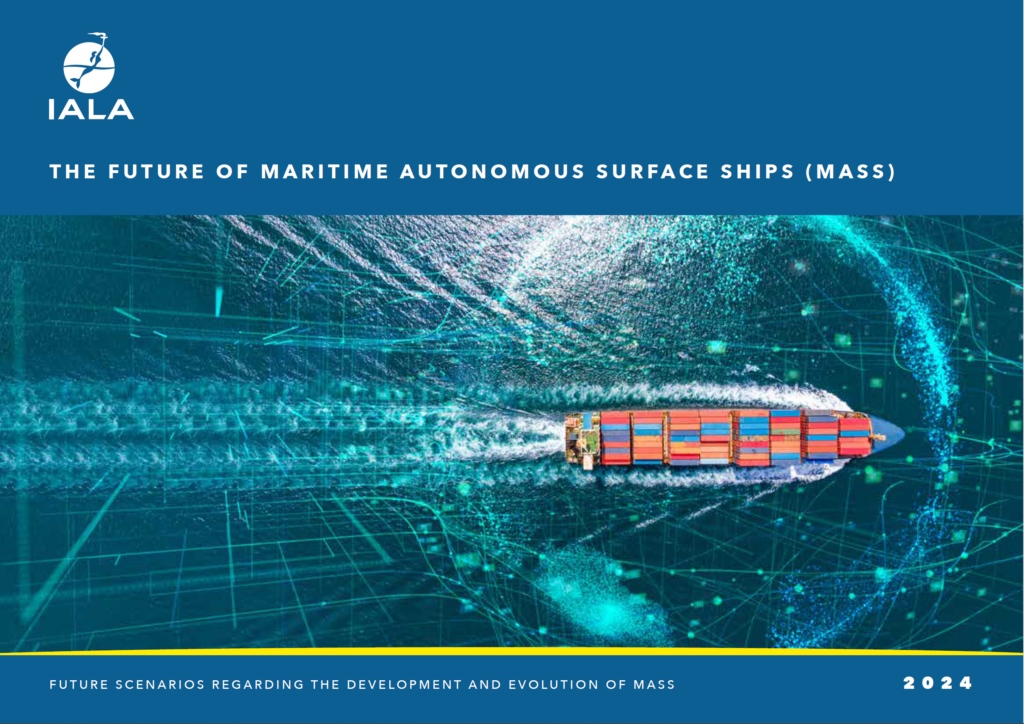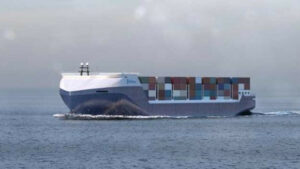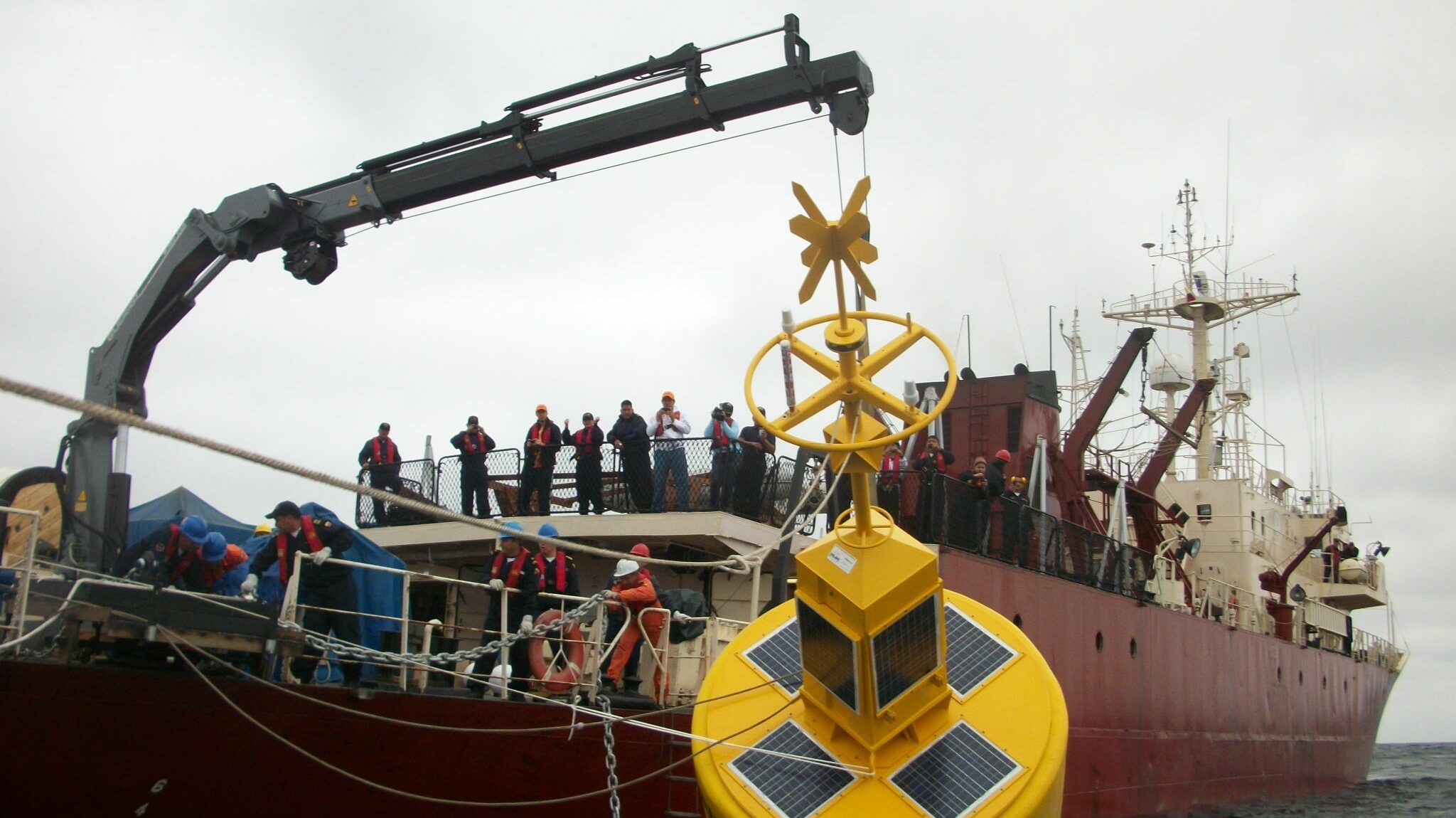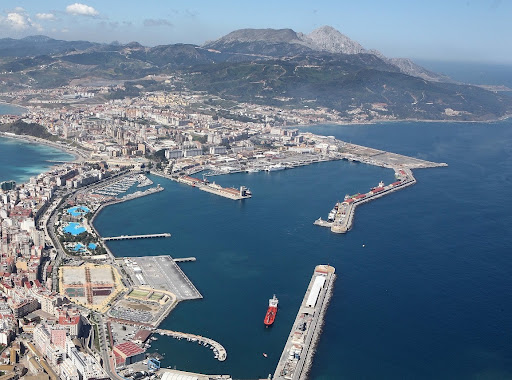Maritime Autonomous Surface Ships (MASS)
IALA has proactively sought to establish the short to medium term outlook for MASS. This benefits our members by better equipping them to prepare for a future that involves an increasing number of autonomous ships.

The Future of Maritime Autonomous Surface Ships (MASS) document considers the outlook for the gradual adoption of MASS over the next twenty years and potential drivers and challenges for the technology. With its publication, IALA aims to contribute significantly to the conversation surrounding the integration of automated and autonomous technologies in the maritime domain.
The Future of Maritime Autonomous Surface Ships (MASS) document can be downloaded here.
MASS work in IALA

Background
The development of MASS will bring about change to shipping, port operations and the safety of navigation. It is important to assess and discuss its impact on IALA related services at an early stage of its development.
IALA has been monitoring the development of MASS and some work on guidance documents has been initiated.
To integrate new and advancing MASS technologies into the regulatory framework, IMO have created a framework for MASS developments for the purpose of a scoping exercise on regulations (MSC 100 – 2018). Equally, evolving MASS technologies will impact the works of IALA.

Scope of the MASS workflow in IALA
To develop a regulatory framework for MASS and MASS-related infrastructure on the relevant Marine Aids to Navigation including VTS, it is necessary to consider MASS operations from the technological level, as well as the regulatory level. As MASS infrastructure spans across various IALA committees, it is proposed that an inter-committee task force be formed to coordinate the work across committees, as well as align the committee outputs presented to the IALA Council.

Resources
- https://www.maritimeuk.org/priorities/innovation/maritime-uk-autonomous-systems-regulatory-working-group/
- https://www.maritimeuk.org/priorities/innovation/maritime-uk-autonomous-systems-regulatory-working-group/mass-uk-industry-conduct-principles-and-code-practice/
- https://www.autoship-project.eu/
- https://www.ukshipregister.co.uk/news/uk-to-lead-the-way-in-training-for-autonomous-shipping/
- MSC 108/INF.16 (Norway)
If you have more reference documents, please contact the secretariat (tm@iala-aism.org) to share them on this page.
MASS case studies
VTS committee develops guidance on the implications of MASS from a VTS perspective and as part of the task, the group is developing “Case Studies” documents. In the document, the use of case studies was identified as a useful tool in developing the Discussion Paper to assist the Committee achieve a common understanding of MASS and its implications on the provision of VTS. Particularly, “case studies” provide a mechanism to gain insight into ‘trials’ and test beds’ being conducted, outcomes, lessons learnt, emerging information, implications for VTS, etc.
The working document (as VTS 51) can be downloaded below;


